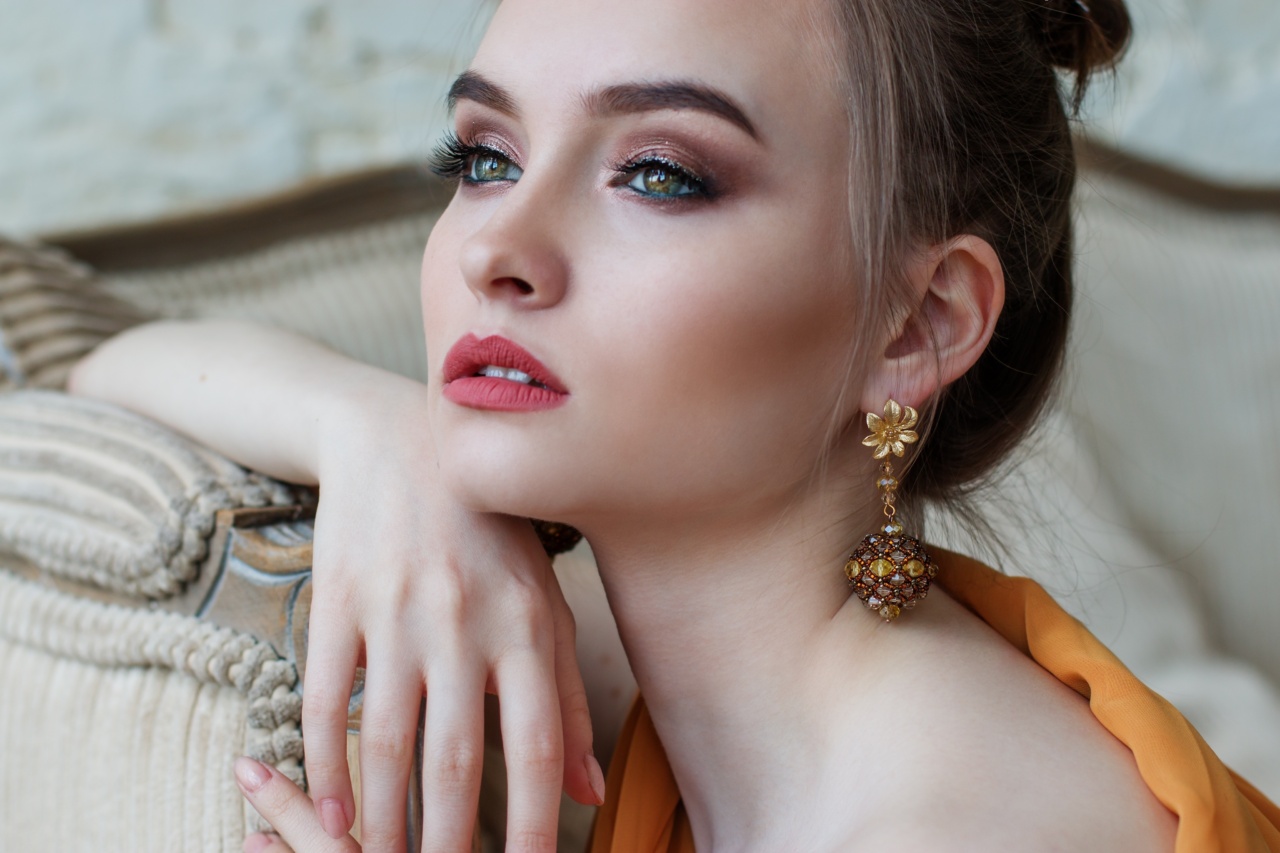Parabens are a commonly used ingredient in various cosmetics and personal care products. They have been used for decades as preservatives to prevent the growth of microbes and extend the shelf life of these products.
However, concerns have been raised about the safety of parabens and their potential impact on our skin and hair. In this article, we will delve into the lowdown on parabens and explore whether they are truly safe for your skin and hair.
What Are Parabens?
Parabens are a group of synthetic chemicals that are widely used in the cosmetic industry. They have antimicrobial properties, which make them effective preservatives in products such as lotions, shampoos, conditioners, makeup, and many others.
Parabens are inexpensive, easy to formulate, and have a broad-spectrum antimicrobial activity against bacteria, yeasts, and molds.
Common types of parabens used in personal care products include methylparaben, ethylparaben, propylparaben, and butylparaben. These parabens are esters of para-hydroxybenzoic acid and are typically used in combination to provide a synergistic effect.
Why Are Parabens Controversial?
Over the years, the use of parabens has sparked controversy and raised concerns among consumers, scientists, and regulatory bodies. The controversy mainly revolves around two key issues:.
1. Estrogenic Activity
Some studies have suggested that certain parabens, particularly methylparaben and propylparaben, may exhibit weak estrogenic activity.
Estrogen is a hormone that plays a crucial role in various physiological processes, including the development and maintenance of reproductive and sexual functions.
The concern arises from the possibility that parabens, when absorbed into the body, might mimic or disrupt the normal hormonal balance.
This has led to speculations about potential adverse effects on reproductive health, hormone-related cancers (such as breast cancer), and developmental disorders.
2. Skin Irritation and Sensitization
Parabens have been reported to cause skin irritation and sensitization in some individuals. Skin irritation refers to a visible reaction, such as redness, rash, or itching, that occurs shortly after the application of a product.
Sensitization, on the other hand, is a delayed allergic reaction that can manifest as redness, swelling, and itching after repeated exposure to the substance.
While skin irritation and sensitization are relatively rare, certain individuals may be more susceptible to these effects. This is especially true for those with sensitive or compromised skin, such as individuals with eczema or dermatitis.
Are Parabens Safe for Your Skin?
The safety of parabens for skin application has been extensively studied. Regulatory bodies, such as the U.S.
Food and Drug Administration (FDA), the European Union’s Scientific Committee on Consumer Safety (SCCS), and the Cosmetic Ingredient Review (CIR) panel, have assessed the available scientific data and concluded that parabens are safe for use as cosmetic preservatives at current levels of exposure.
These regulatory bodies have set specific concentration limits for parabens in cosmetics to minimize any potential risk. The use of parabens at these concentrations is deemed safe for the majority of the population.
Furthermore, it is important to note that the estrogenic activity of parabens, if present, is several orders of magnitude lower compared to naturally occurring hormones in the body or other environmental sources.
The available evidence suggests that the potential estrogenic effects of parabens are unlikely to cause harm to human health when used in cosmetics.
Are Parabens Safe for Your Hair?
The safety of parabens for hair products is a topic of interest as well. Hair care products, such as shampoos, conditioners, and styling products, often contain parabens to prevent microbial growth and maintain product stability.
Similar to skin safety, regulatory bodies have evaluated the use of parabens in hair care products and have deemed them safe for use at the approved concentrations.
The limited absorption of parabens through the scalp and hair follicles further reduces any potential risk.
However, it is important to note that some individuals may have specific sensitivities or allergies to certain parabens or other ingredients commonly found in hair products.
If you experience any adverse reactions, it is advisable to discontinue use and consult a healthcare professional.
Alternatives to Parabens
If you prefer to avoid products containing parabens, there are alternative preservatives available in the market.
Many companies have started formulating their products with natural preservatives, such as plant extracts, essential oils, and antioxidants.
However, it is essential to note that natural preservatives may also have their limitations and potential risks. They may be less effective in inhibiting microbial growth, leading to a shorter shelf life for the product.
Additionally, natural ingredients can still cause skin irritation or sensitization in some individuals.
When choosing products without parabens, it is crucial to look for reliable brands that prioritize safety, perform rigorous testing, and provide transparent ingredient lists.
If you have specific concerns or allergies, it is advisable to consult a dermatologist for personalized recommendations.
The Bottom Line
The safety of parabens in cosmetics has been a subject of debate and concern for many years.
However, based on current scientific knowledge and the assessments conducted by regulatory bodies, parabens are considered safe for use in cosmetic products at the approved concentrations.
While parabens do have a small potential for skin irritation and sensitization, the occurrence of adverse reactions is relatively rare.
Individuals with sensitive skin or specific skin conditions may choose to avoid products containing parabens or other potential irritants.
If you are concerned about the use of parabens in your skincare or haircare routine, there are numerous paraben-free options available in the market. It is essential to make informed choices based on your unique needs and preferences.
In summary, the lowdown on parabens is that they are generally safe for your skin and hair. However, individual sensitivities and preferences may lead some individuals to seek alternative options that are paraben-free.






























